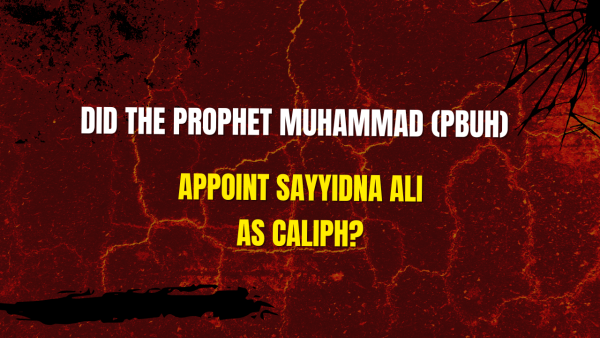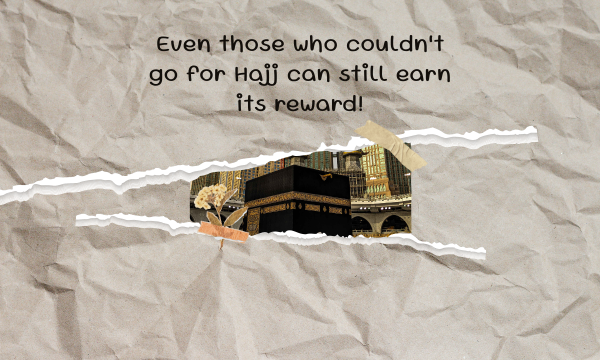As a student of the Qur’an, I have been taught to reflect upon the world around me. Qur’an calls this process to reflect as taddabur. Over years of understanding and practice, it becomes second nature to connect everything to Allah (SWT) and to the Qur’an. You learn to connect the dots and bring it all back to your Rabb. This becomes home and an immensely blissful experience.
It all started when I read a Forbes article. With an intriguing title: When Will the First Star Go Dark?[1], the article spoke of the process of star formation. I felt like a child again as I re-learned: “When enough matter — mostly hydrogen and helium gas — gravitates together into a single, compact object, nuclear fusion will take place inside the core, giving rise to a true star. But as time goes on and fusion continues, eventually that star will run out of fuel. Sometimes, the star is massive enough that additional fusion reactions will take place, but at some point, it all must stop. When those stars finally die, however, their remnants shine on.”
Here is where I paused- The article had taken a different turn for me. There was a correlation here as I pondered over the phrase: It all must stop! But the remnants shine on.
In the sequence of the Qur’an the last few Juz prepare us for when this world will come to an end. These very last surahs give a vivid account of what the Day of Judgement would be like. Many surahs mention what will happen to the stars and the sky. It all must end. But before I talk about that, let’s delve into stars as creations of Allah (SWT).
Many of us have grown up with the rhyme: Twinkly, twinkle little star, how I wonder what you are. Up above the world so high. Like a diamond in the sky. Stars have always been such fascinating sight. Who wouldn’t want to lay on the grass and just gaze at the stars at night while they glow and shine? A feeling of peace and transcends and a sense of positivity fills the heart in a starry starry night.
With this creation of Allah (SWT), we are reminded that in the deepest of darkness there is something that shines on. There is something that remains bright in life always. Hence, even in the darkest of hours, there is light.
Not only are the stars bright themselves, they also become a means to providing light for others. Arabs in the olden days used stars as a form of light to help them on their journey at nights through dark deserts. SubhanAllah, what amazing creations of Allah (SWT) are the stars. Yet, as the Day of Judgement proceeds, stars will cease to exist along with everything else. That is the reality of Qiyamah. This is the truth we all must face and prepare for. Kullu nafsin dhaiqat al maut. All living beings must taste death. The Day of Judgement will bring death to the Universe. A similar demise is for the stars. That is what the article had stated that: It all must stop.
Allah (SWT) says:
إِذَا الشَّمْسُ كُوِّرَتْ
وَإِذَا النُّجُومُ انكَدَرَتْ
When the sun is wrapped up [in darkness]
And when the stars fall, dispersing,
[Surah At-Takwir: 1-2]
The sun will be wrapped up creating a darkness all around while the stars will extinguish and fall in rapid succession.
اِذَا السَّمَاۤءُ انْفَطَرَتْۙ
وَإِذَا الْكَوَاكِبُ انتَثَرَتْ
When the sky breaks apart
And when the stars fall, scattering,
[Surah Al-Infitar: 1-2]
Stars are such a special creation of Allah (SWT) that He has chosen to swear by them. An entire surah called The Stars has been revealed.
وَالسَّمَاءِ ذَاتِ الْبُرُوجِ
By the sky containing great stars
[Surah Al-Buruj:1]
My process of reflection had started with the reminder of the spectacular stars. My mind drifted towards the next part of the article. The author had written: “When those stars finally die, however, their remnants shine on.” Somehow the concept of stars has always been a phenomenal one while we phrase it figuratively also. Bright students in school are called the “Star Student of the Month.” Anyone we adore, we put them in the category of being ‘gems or stars.’ We make them special. The article says that even after these stars die, their remnants shines on. Hence, in some ways or another, they remain.
Sahabas – The True Stars
For us as believers, those special people who were the stars were the Prophets, the Sahabas, the Sahabiyat and the righteous believers. They shine on for us even after their demise. They were the role models.
We often hear people say when you urge them to a certain act of goodness, “Well, we are not Sahabas. Their iman was so different than ours.” We conveniently find this excuse for not doing acts of khayr. What made their iman so strong was their sincerity (ikhlas) to pleasing Allah (SWT). Their dedication to Deen is what made them sacrifice their true self. All they looked for was the reward of Jannah. Allah (SWT) is so pleased with them that He says in the Qur’an:
رَّضِيَ اللَّهُ عَنْهُمْ وَرَضُوا عَنْهُ
Allah being pleased with them and they with Him
[Surah Al-Bayyinna: 8]
Allah (SWT) decides to preserve the deeds of the righteous ones. Ibrahim (AS) and his wife Bibi Hajra’s sacrifices have been appreciated till date with the rituals of Eid-ul-Adha and Umrah for all Muslims. The duas of the Prophets and Asiya (AS) became verses of Qur’an and saved for us to follow. The act of charity that becomes a sadqa-e-jahria for anyone continues on till the end of time for as long as it continues to happen. The act is saved. Their deeds shines on.
Furthermore, it is said in the Qur’an about those who pledged under the tree the Pledge of Ridhwan:
لَّقَدْ رَضِيَ اللَّهُ عَنِ الْمُؤْمِنِينَ إِذْ يُبَايِعُونَكَ تَحْتَ الشَّجَرَةِ فَعَلِمَ مَا فِي قُلُوبِهِمْ فَأَنزَلَ السَّكِينَةَ عَلَيْهِمْ وَأَثَابَهُمْ فَتْحًا قَرِيبًا
Certainly was Allah pleased with the believers when they pledged allegiance to you, [O Muhammad], under the tree, and He knew what was in their hearts, so He sent down tranquillity upon them and rewarded them with an imminent conquest
[Al-Fath: 10]
They are the ones who performed, preserved, protected and then took it forward to an ever-lasting state.
This preservation of deeds can be for us also. Our deeds can become the shining stars if accepted by Allah (SWT). They become what is called the ongoing remnants, baqiyat o salihat (الباقیات الصالحات). With a correct intention, not wasting of our deeds after they have been performed and continuing to do acts of goodness is when perhaps Allah [SWT] will be pleased with us also. In Sha’Allah. Allah [SWT] says:
وَالْبَاقِيَاتُ الصَّالِحَاتُ خَيْرٌ عِندَ رَبِّكَ ثَوَابًا وَخَيْرٌ أَمَلًا
But the enduring good deeds are better to your Lord for reward and better for [one’s] hope.
[Al-Kahf: 46]
This is how when the Forbes articles talk about the stars and says that they die but their remnants shine on.
May Allah (SWT) make us amongst those who ponder, act, and with whom Allah (SWT) is so pleased with. Aameen.
Siegal, E. (n.d.). Forbes.com. Retrieved from https://www.forbes.com/sites/startswithabang/2017/05/05/when-will-the-first-star-go-dark/?sh=4175de0f38c1













Leave a Reply